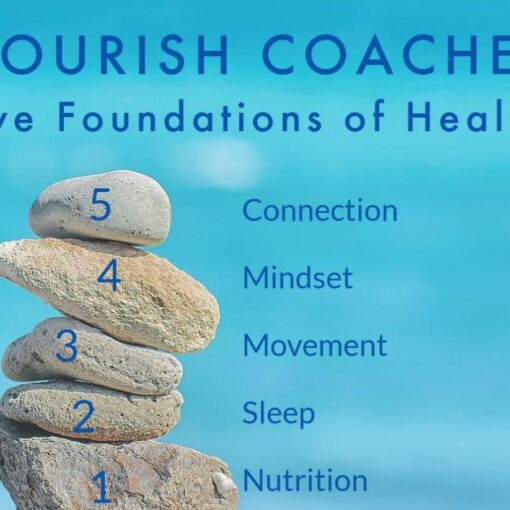The other day, I heard a woman use this phrase when talking about eating a croissant. I immediately had a visceral response. “No!” I wanted to yell at her. “There’s no guilt! Just enjoy that delicious flavor and texture of the croissant. Savor it.” Of course, in reality, I said nothing. But that phrase got to me, and over the next couple of days, I heard it or read it several more times. For some reason, I never really paid attention to it before.
Wendy and I often talk about the “diet culture” with our clients, on our podcast, and in our blogs. It’s much more than what we eat. It’s how we think and talk about food, our bodies, our identities, our habits, and our social interactions. In a nutshell, diet culture insists that our morals are attached to these things—that we are “good” or “bad” because of X, Y, and Z. In actuality, this is not true at all.
You aren’t “good” because you didn’t eat that slice of cake.
You aren’t “bad” because you didn’t shower today. Diet culture leads us to believe that we should judge and be judged on things that really have nothing to do with our identity. By buying into diet culture and “guilty pleasures,” we are agreeing to rules that someone (who, we don’t know) made up about what we “should” and “shouldn’t” do.
The idea of morality being attached to what we choose to eat or not eat is fairly new. Even the phrase “guilty pleasure” hasn’t been around long. In fact, the first known use of it publicly was in 1860 in the New York Times in reference to a brothel. So, the leap from that to food started to happen around the 1920s, when the effects of the Industrial Revolution and much more sedentary lifestyles became the norm, and beauty trends were shared over radio shows and magazines. The “Roaring Twenties” started a trend of super thin women—“flappers”—being the beauty standard. But it still wasn’t so much about food as about spending time doing “unproductive” things. The root of it all is that one takes pleasure in something but knows that they really shouldn’t. What’s important to understand is that these so-called “guilty pleasures” never involve actual transgressions, meaning these things aren’t wrong or selfish or even anything to be ashamed of (though that’s a VERY subjective idea).
The problem lies in the idea that we are wrong and shameful for wanting enjoyable things.
When you pare it down to this simplicity, you may realize how silly that really is. It’s not about deserving or not deserving these “guilty pleasures,” as much as being mindful about the choices you make and the result or effect of those choices.
If the woman ate that croissant, how would she physically feel? And, more importantly, would it affect how she made her next set of choices?
It’s as simple as it is complicated.
Eating one croissant is not going to make her gain weight necessarily. It may spike her blood sugar temporarily, and this may or may not make her feel good. It may curb her appetite for her next meal, where she may have had something nourishing. It may make her choose something nourishing for her next meal because she had the croissant. Whatever it may or may not do for her, the point is that it affects only her (assuming she didn’t steal it). And she is the only judge of whether it has a more positive or negative effect. Guilt has no part in any of it. It very well may just simply be a “pleasure.” Or not. In the end, at best, it’s a mindful choice. And that’s the best we can all do.







2 thoughts on “Guilty Pleasures”
I love this! So interesting that the industrial revolution created the first free time for certain classes of people, and then when they enjoyed it or other products of the IR, it became a “guilty pleasure.” Adding to something you said, that “flapper look” was also the beginning of the pelvis-forward, shoulders rounded slouchy posture as stylish. Lots to think about here. Great read. Thank you!
Yes! Another interesting twist on modern detriments to our health and wellness! So glad you enjoyed the post. Thanks for the comment!